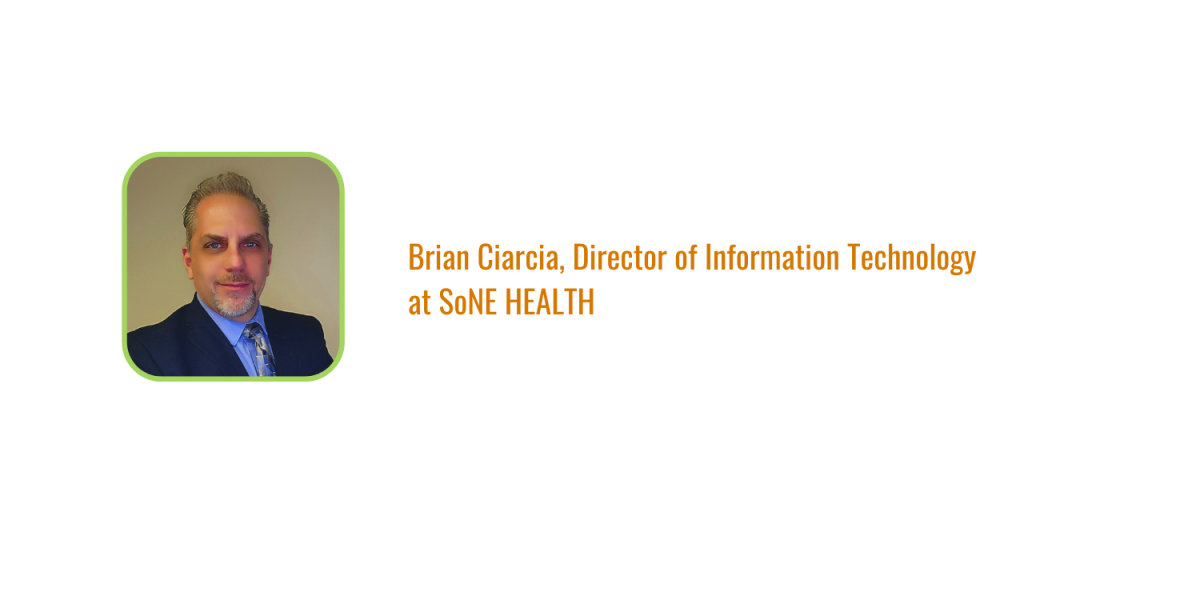By: Brian Ciarcia, Director of Information Technology
In today’s rapidly changing healthcare landscape, technology is the backbone of every successful practice. From managing patient data to streamlining clinical operations, IT plays a critical role in delivering quality care; however, maintaining and securing your IT infrastructure can be a complex and time-consuming task. This is where an MSP comes in.
What is an MSP?
An MSP is an external IT service provider that manages and monitors your company’s IT infrastructure and systems. They offer a range of services, including network management, cybersecurity, data backup, and cloud solutions.
Here are key reasons why having an MSP is essential:
Access to Expertise: MSPs bring a wealth of knowledge and experience, ensuring that practices benefit from the latest technological advancements without the need for extensive in-house expertise.
Compliance Adherence: The healthcare industry is heavily regulated, with strict compliance requirements such as HIPAA. Staying compliant can be a complex and time-consuming process. An MSP with deep industry knowledge can help you navigate these regulations, ensuring your practice is always in compliance.
Cost Efficiency: By outsourcing IT management, providers can convert fixed IT costs into variable costs and budget effectively, only paying for what they use when they need it.
Proactive Support: MSPs offer round-the-clock monitoring and real-time support, addressing potential issues before they escalate into serious problems, thus minimizing downtime and maintaining business continuity.
Disaster Recovery Planning: Data loss can be catastrophic for a healthcare practice. An MSP can develop a comprehensive disaster recovery plan to protect your critical data. This includes regular backups, data replication, and business continuity planning. Strategic IT Planning: MSPs assist businesses in long-term IT planning aligned with their growth objectives, ensuring scalability and flexibility to adapt to market changes.
Enhanced Security: With the increase in cyber threats and social engineering scams within healthcare, MSPs provide robust security measures to protect patient data and ensure compliance with regulatory standards. Most MSPs now provide training to educate employees about cybersecurity while increasing their security for identifying, avoiding, and reporting malicious IT attacks
Focus on Core Business: Delegating IT operations to an MSP allows your practice to concentrate on patients, driving innovation and growth without being bogged down by IT concerns.
In conclusion, the strategic importance of MSPs in healthcare cannot be overstated. They are not just vendors but vital partners that contribute to the operational excellence and competitive edge of modern businesses. They are, in essence, your virtual IT department. You can improve efficiency, enhance security, reduce costs, and focus on delivering quality patient care.

